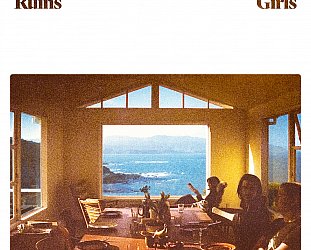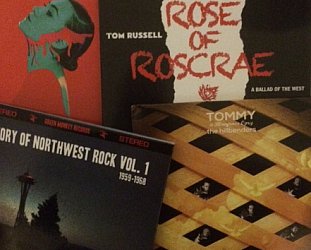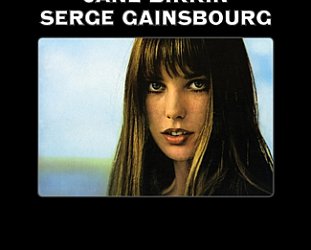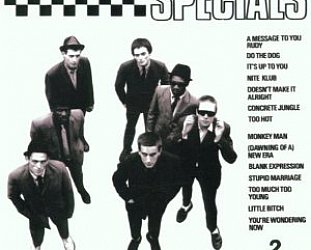Graham Reid | | 1 min read
Anthonie Tonnon: The Songs of Our Youth

Strange isn't it, how a single song by an artist can resonate in ways you can't comprehend?
For me Anthonie Tonnon's song Barry Smith from Hamilton (on his Fragile Thing EP of 2010, when he was Tono and the Finance Company) had a strange frisson of sadness about it, and I played it repeatedly after a first hearing.
Then I moved on to the other songs on the EP -- all equally good as it turned out -- and of course on to his superb Up Here for Dancing album of three years ago (see here) which came in a memorably simple but emotionally deep cover.
The cover of this new album is equally striking as he now steps out under his own name, but largely keeps the band which includes, among others, co-producer and guitarist Jonathan Pearce, Ed Castelow aka Dictaphone Blues and Stuart Harwood of Proton Beast.
In his social observations and sometimes dispassionate voice, Tonnon probes lives and bad circumstances in plain language where names, images and small events pile up to create stories where you fill in the gaps.
The opening line -- which got me as one who lives by the track where this very thing is happening -- is "They're electrifying the train line . . ." and then goes deeper and wider as the camera pulls back to take in a bigger picture.
Both Water Underground and A Friend From Argentina (the former about someone persistent or manipulative enough to work the system during a time of crisis, the latter about the decline of a family man through drugs) are gripping, and elsewhere he imagines lives punctured by emotional or social dislocation.
Musically this is impressive and interesting as the word-heavy songs delivered in that clear, flattened voice sometimes spiral out into thrillingly dense rock guitar solos (from Pearce) and aim for a stadium effect.
There are clever musical references too: the opening piano chords of The Songs of Your Youth hints at the Kinks' Sunny Afternoon and the close to the Beach Boys' Help Me Rhonda. (And it is a deep, dark story being recounted, real film-noir obsession.)
In places Tonnon exercises a much more powerful and expressive voice than on previous outings: on the emotionally dense Sugar in the Petrol Tank he sounds more like Rufus Wainwright, as he does on the melancholy closer Dumpster Diving.
If we think of Don McGlashan as a songwriter who probably reads very serious books, Anthonie Tonnon is as astute in his own way. But you suspect he reads the daily paper and the local suburban newspapers where real life, local politics and the mundanity of existence resonate in a very different way.
By turning attention away from himself, here Tonnon sounds a man who sometimes seems to have observer status in life.
This is another extremely assured, repeat-play album by one of our most interesting songwriters.
Anthonie Tonnon answered our Famous Elsewhere Questionnaire some time back (here) and you can purchase the vinyl version of this from here.







post a comment